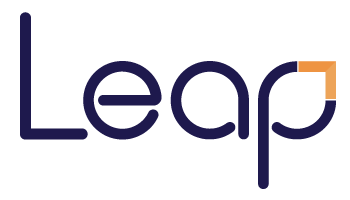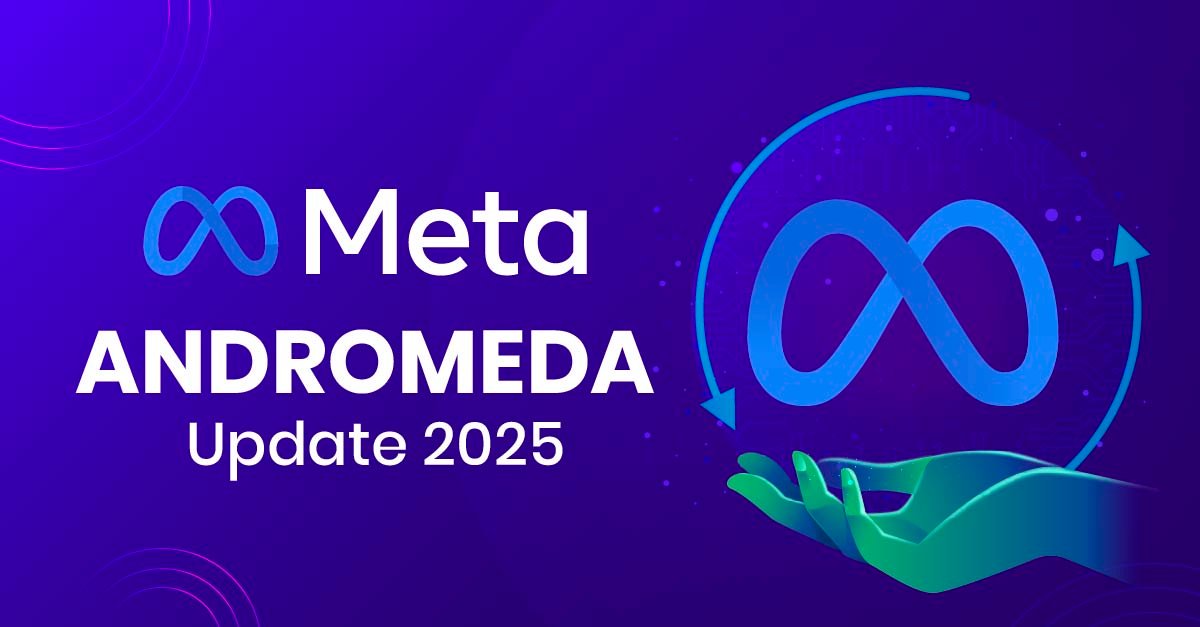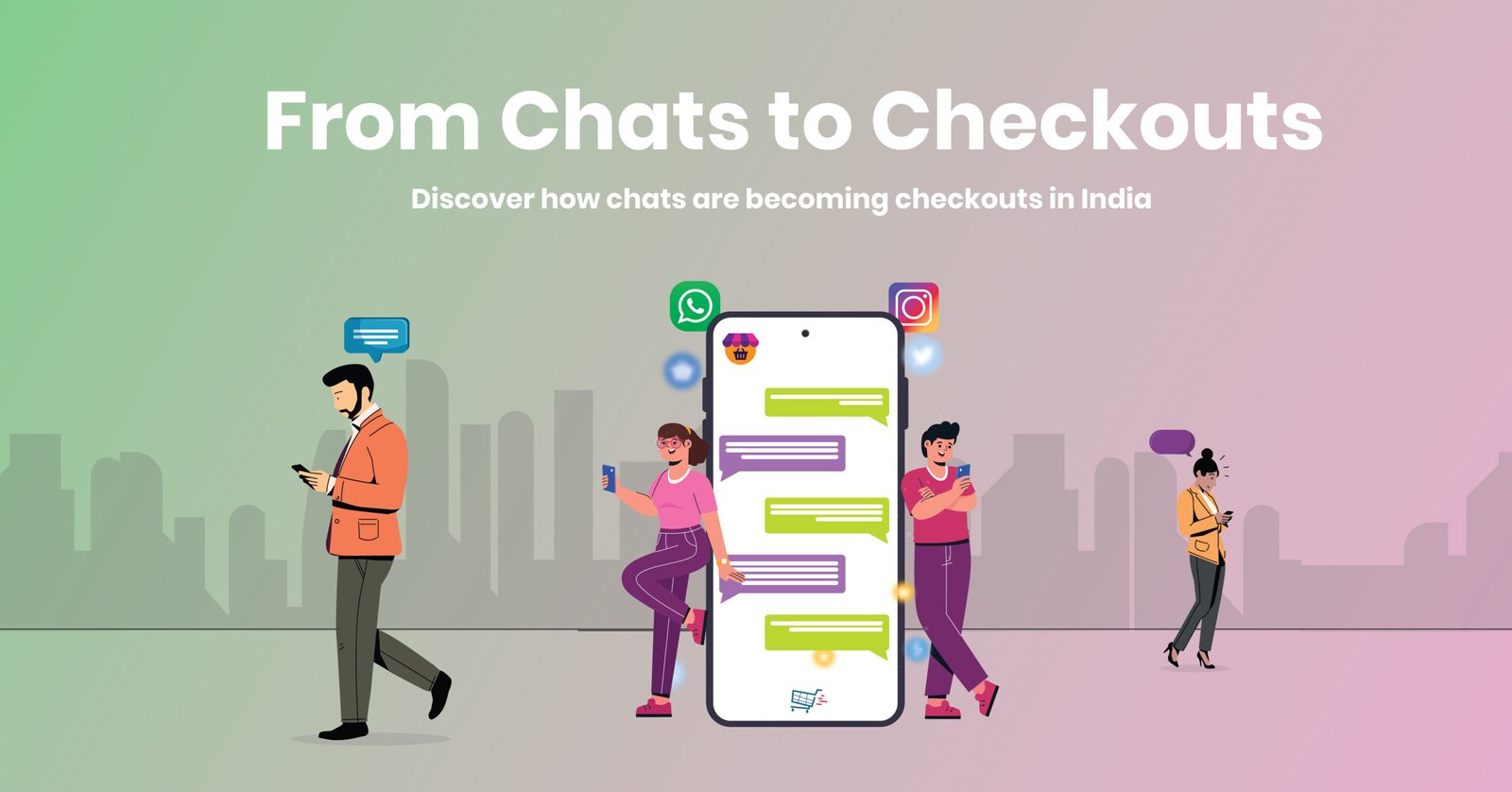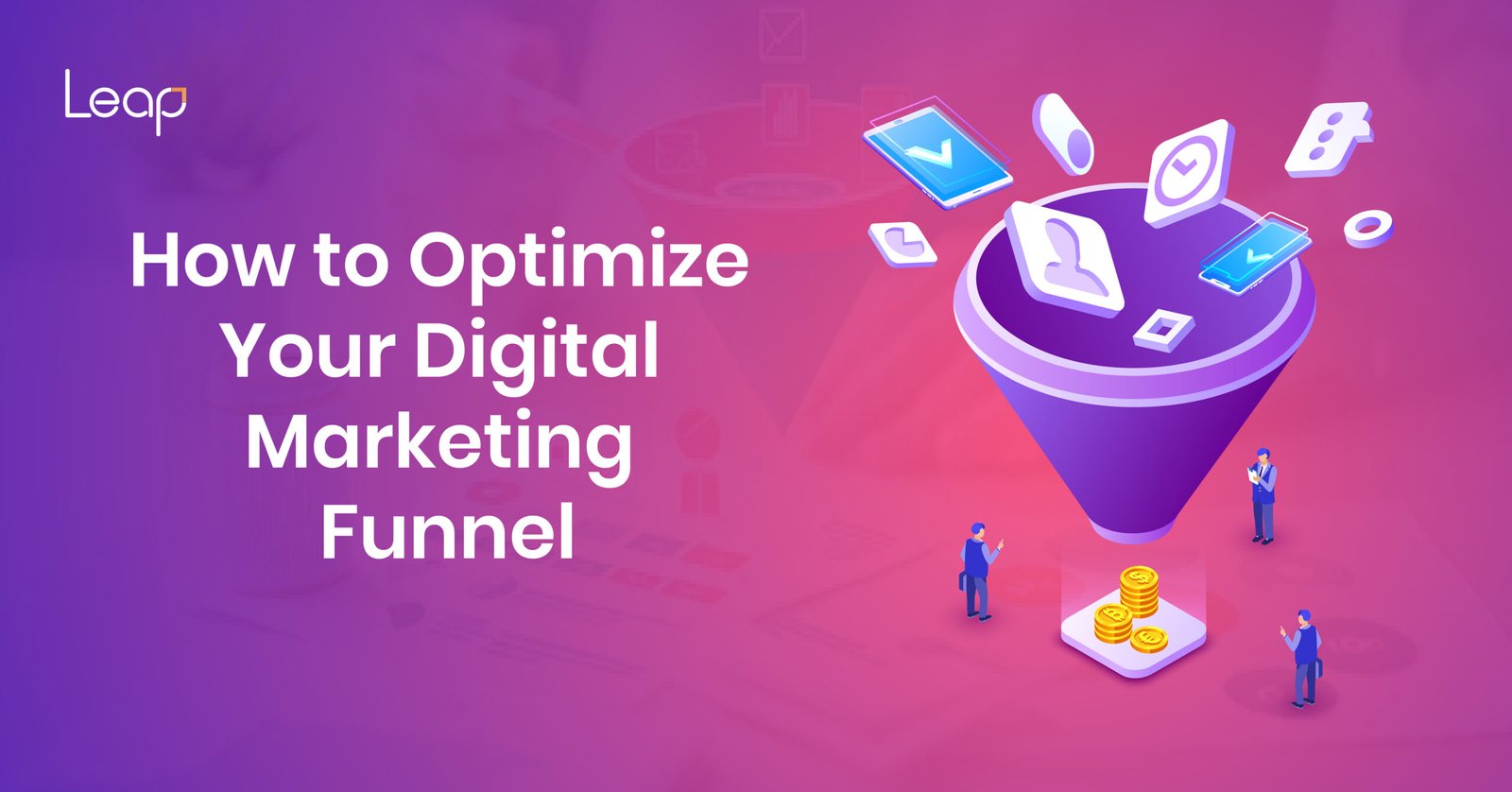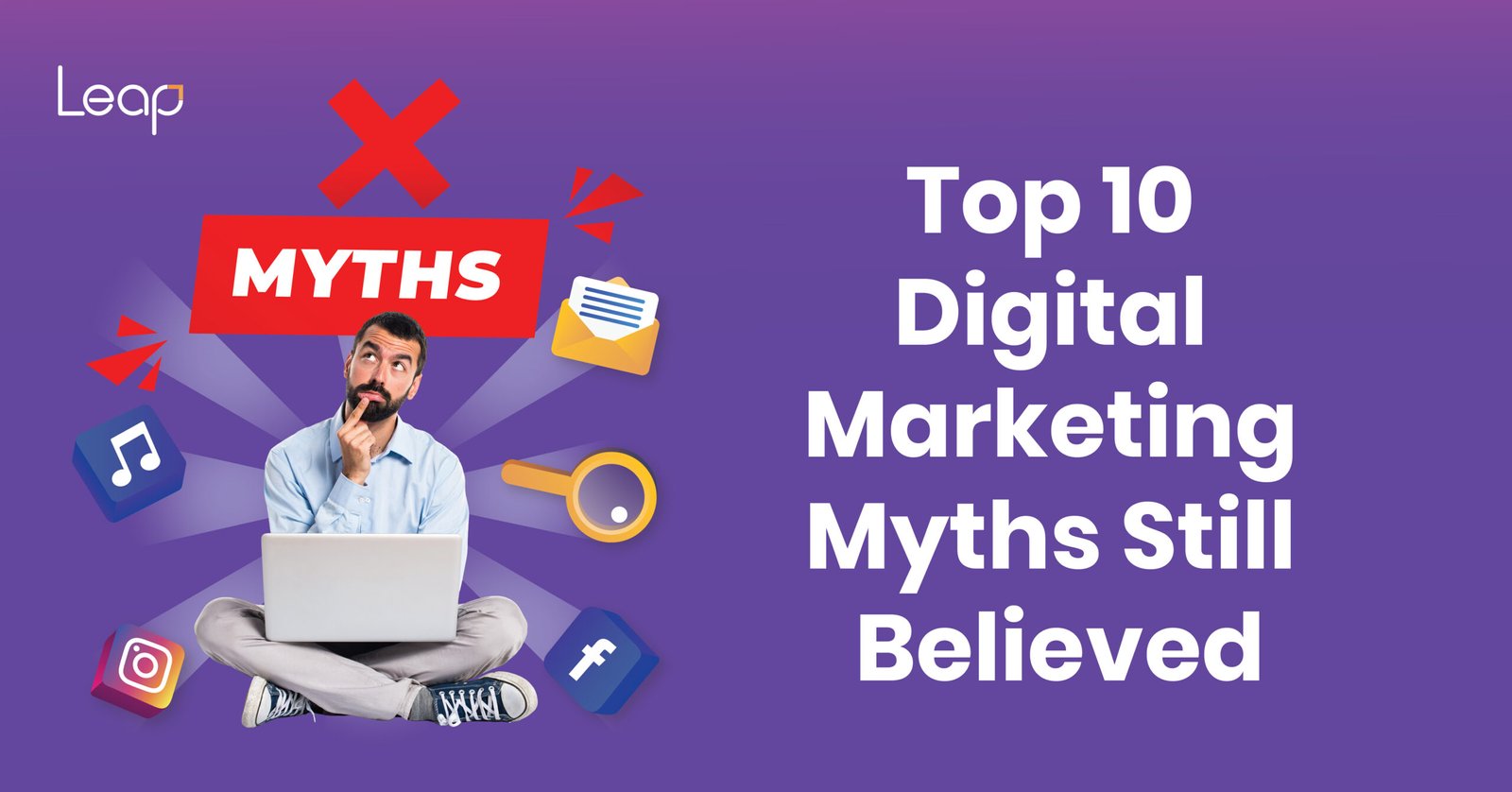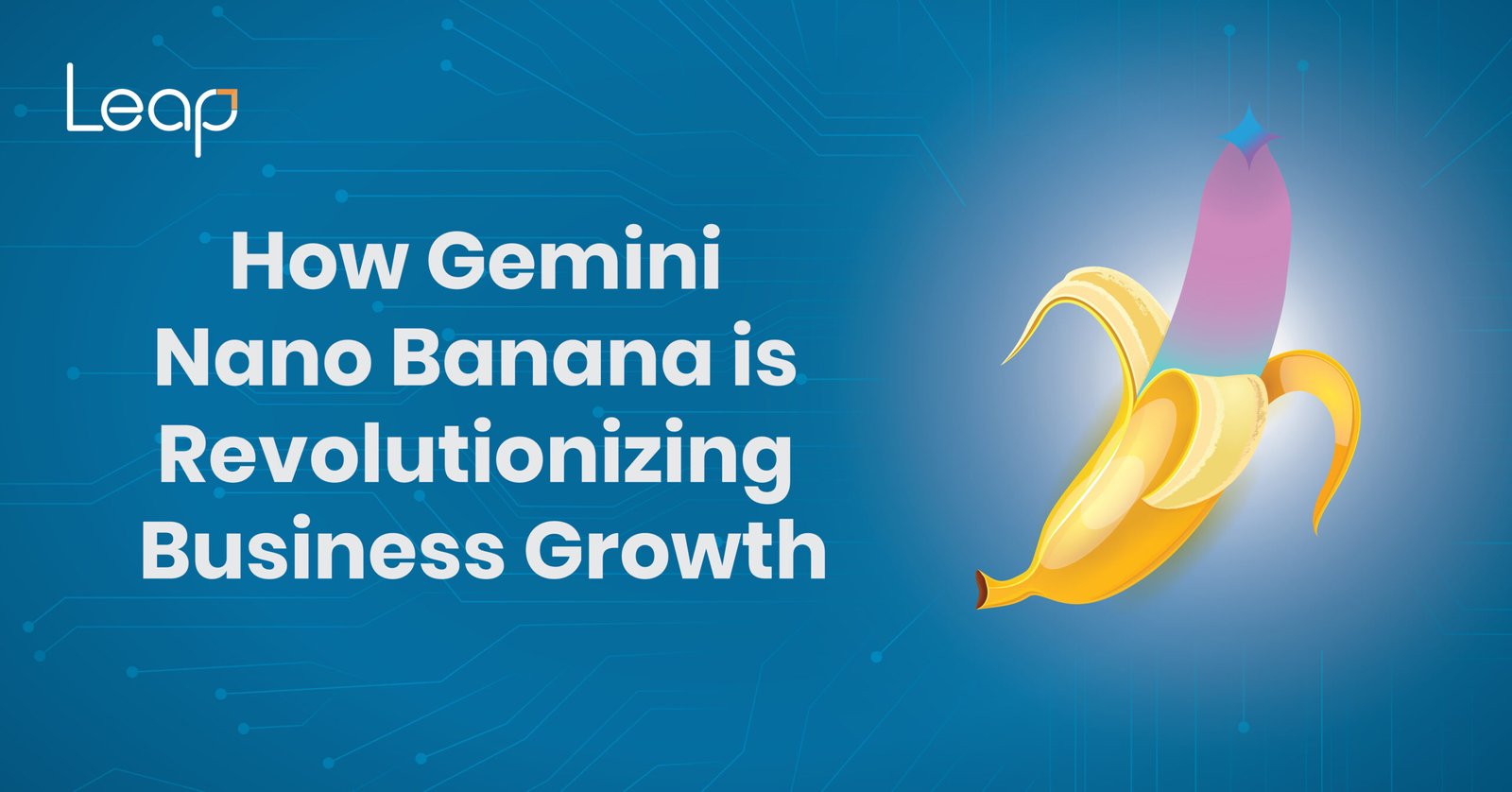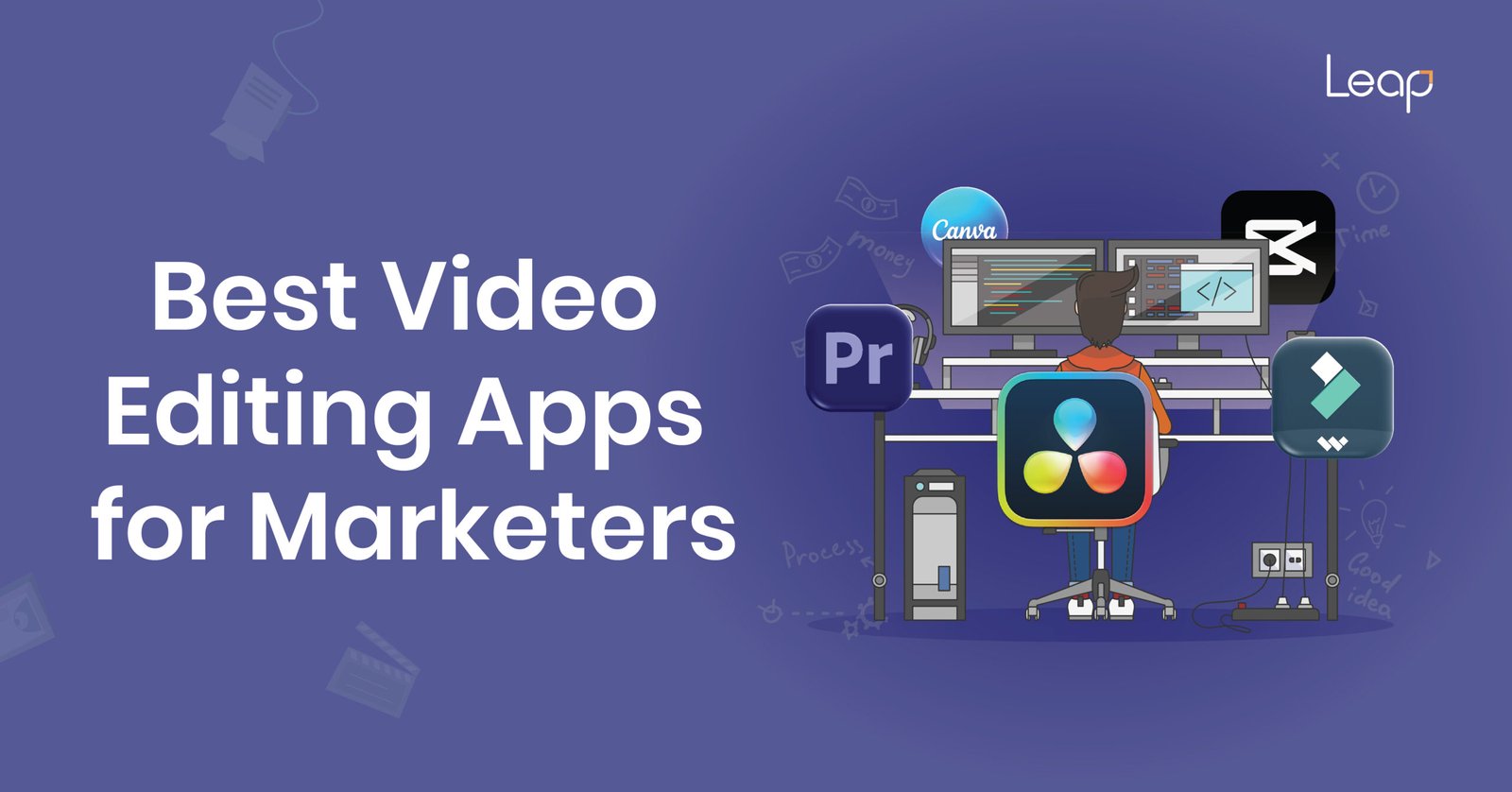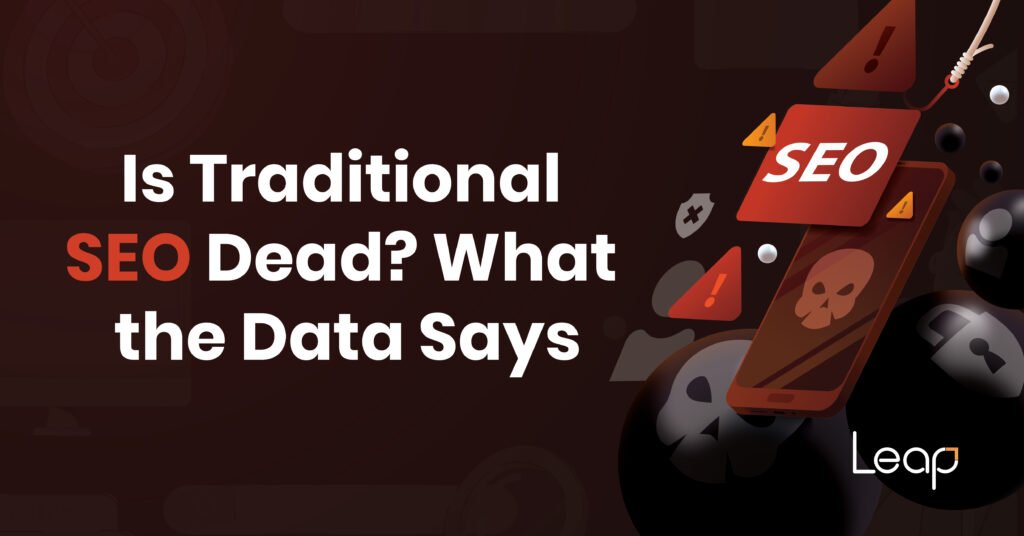
Introduction
Search Engine Optimization (SEO) has been the backbone of digital marketing for more than two decades. Marketers, businesses, and content creators have relied heavily on traditional SEO techniques—keyword optimization, backlinks, and metadata—to boost rankings and attract organic traffic. However, as we step into 2025, the SEO landscape has evolved dramatically. With the rise of artificial intelligence (AI), voice search, machine learning algorithms, and user-centric ranking signals, many marketers are asking the big question: Is traditional SEO dead?
This article explores the current relevance of traditional SEO in 2025. We’ll look at how it has changed, what the data reveals, and how businesses can adapt to ensure they continue driving traffic and conversions.
What is Traditional SEO?
Traditional SEO refers to the foundational techniques used to improve a website’s visibility on search engines like Google. The main components include:
- Keyword Optimization: Targeting specific keywords in content, titles, and meta descriptions.
- On-Page SEO: Structuring content with headings, alt tags, and internal linking.
- Off-Page SEO: Building backlinks to increase authority and trust.
- Technical SEO: Ensuring site speed, proper indexing, and crawlability.
For years, these practices were the standard formula to climb search engine rankings. But as Google’s algorithms evolved, so did the effectiveness of these methods.
The Evolution of SEO Over the Years
The journey from keyword stuffing in the early 2000s to AI-driven search in 2025 has been transformative. Some key milestones include:
- 2003–2010: Focus on keyword density and backlinks.
- 2011–2013: Google’s Panda and Penguin updates penalize low-quality and spammy practices.
- 2015: The rise of mobile-first indexing as smartphones dominate internet use.
- 2018: Introduction of BERT, improving contextual understanding of queries.
- 2021–2023: Core Web Vitals become ranking factors, emphasizing user experience.
- 2024–2025: AI, voice search, and search intent dominate SEO practices.
Traditional SEO still plays a role, but now it is part of a broader ecosystem that prioritizes quality content and user experience.
Data on the Relevance of Traditional SEO in 2025
Recent studies highlight that while traditional SEO is not dead, it has been reshaped:
65% of marketers report that on-page optimization (titles, meta descriptions, structured content) remains essential for rankings (HubSpot, 2024).
Backlinks still account for about 40% of ranking signals, but quality matters far more than quantity (Ahrefs, 2025).
Voice search queries now account for 33% of all searches, forcing content creators to optimize for conversational keywords (Statista, 2025).
Google’s AI-driven Search Generative Experience (SGE) is changing how results are displayed, with snippets and AI answers often outranking traditional organic listings.
This data suggests that while traditional SEO practices are still relevant, they are no longer enough on their own.
Traditional SEO vs. Emerging Trends
1. AI-Driven SEO
AI tools like ChatGPT and Google’s SGE analyze context, intent, and semantics rather than just keywords. This means traditional keyword targeting has shifted toward topic clusters and semantic search optimization.
2. Voice Search
Users are increasingly using voice assistants like Siri, Alexa, and Google Assistant. Optimizing for natural language queries and long-tail conversational keywords is now essential.
3. User Experience (UX) & Core Web Vitals
Google rewards websites that load fast, are mobile-friendly, and provide a seamless experience. Traditional SEO cannot compensate for poor UX.
4. Content Quality
AI and algorithms now prioritize expertise, authoritativeness, and trustworthiness (E-A-T). Simply inserting keywords is no longer effective.
5. Video and Visual Search
Platforms like YouTube and TikTok are reshaping search behavior. SEO strategies now extend beyond Google text search.
Expert Opinions
- Rand Fishkin (SparkToro): “Traditional SEO isn’t dead—it’s evolved. Backlinks and keywords still matter, but they’re just one piece of the puzzle in 2025.”
- Neil Patel (NP Digital): “User experience and AI-driven search are defining SEO today. Businesses that ignore these will fall behind, no matter how strong their traditional SEO is.”
- Google Search Central Blog (2024): Emphasizes that content created for users, not just for algorithms, will always win in the long run.
Common Misconceptions About Traditional SEO
- “Backlinks are irrelevant.” → False. They still matter but require higher quality and relevance.
- “Keywords don’t matter anymore.” → False. They matter, but context and intent are more important.
- “Technical SEO is outdated.” → False. Site speed, indexing, and security are still critical.
- “SEO is dead.” → False. SEO has evolved, not disappeared.
Actionable Insights for Businesses in 2025
If you want to stay ahead in SEO, here’s what you should do:
Expand Beyond Google: Optimize for YouTube, TikTok, and other platforms where search behavior is growing.
Blend Traditional and Modern SEO: Don’t abandon meta tags, keywords, and backlinks. Instead, combine them with intent-driven strategies.
Optimize for Voice and AI Search: Use conversational content and FAQ sections.
Focus on UX: Improve Core Web Vitals, site speed, and mobile design.
Leverage Structured Data: Implement schema markup to help AI interpret your content.
Invest in Content Quality: Publish authoritative, user-first content with strong storytelling.
Suggested Visual Elements
Infographic: Timeline of SEO evolution (2000–2025).
Chart: Percentage of ranking factors (backlinks, content, UX, etc.) in 2025.
Graph: Growth of voice and AI-powered searches from 2020–2025.
Screenshot: Example of Google’s Search Generative Experience.
Conclusion
So, is traditional SEO dead in 2025? The answer is no—but it has transformed. Traditional elements like keywords, backlinks, and meta tags are still relevant but no longer sufficient on their own. The future of SEO lies in a hybrid approach that blends these fundamentals with AI, user experience, and intent-driven optimization.
For businesses, the key takeaway is clear: adapt or be left behind. By combining traditional SEO with modern strategies, you can ensure long-term visibility, engagement, and growth.
Want to future-proof your SEO strategy? Explore how Leap Marcom can help you dominate search in 2025 and beyond.

